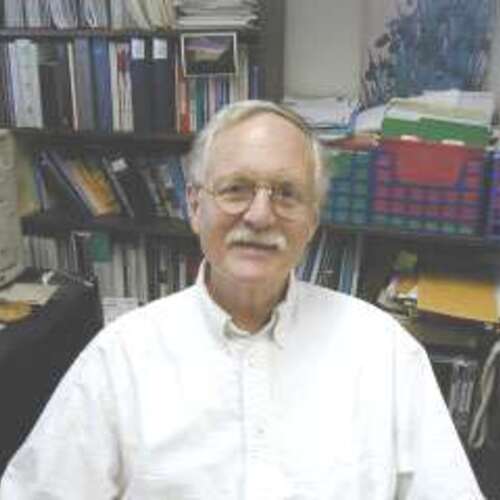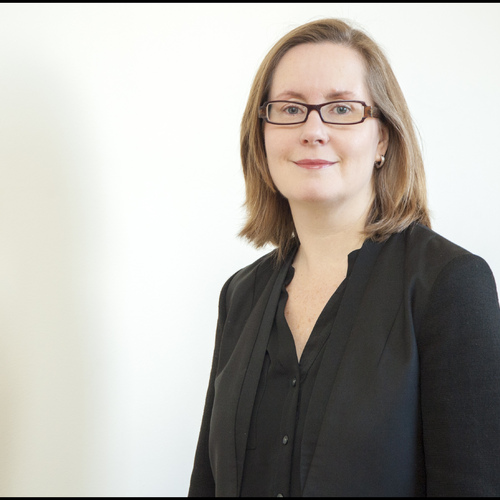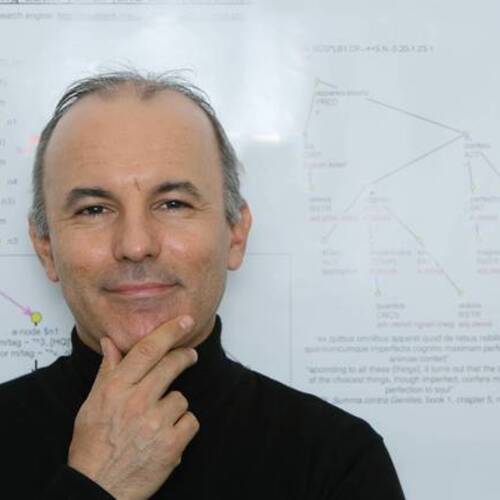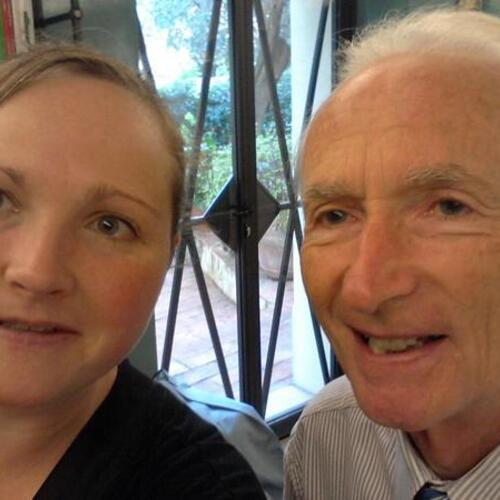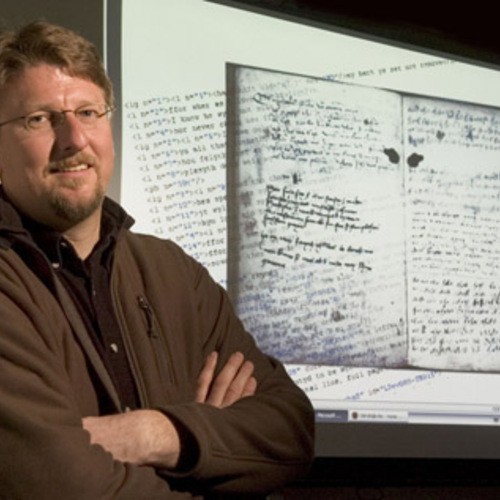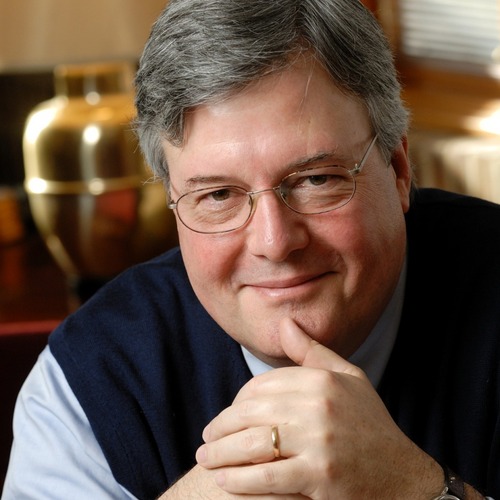Items
View as:
Hidden Histories: Symposium on Methodologies for the History of Computing in the Humanities, c.1949-1980
The project entitled “Hidden Histories: Computing and the Humanities c. 1949-1980” was a pilot project undertaken thanks to seed funding of 5000 euro from the University of Trier's Historisch-Kulturwissenschaftliche Forschungszentrum (HKFZ) and with assistance from the UCL Centre for Digital Humanities. It aimed to gather and make available sources to enable the social, intellectual and cultural conditions that shaped the early take up of computing in the Humanities to be investigated. A key aim of the pilot was to investigate the appropriateness of Oral History as a methodology for capturing memories, observations and insights that are rarely recorded in the scholarly literature of the field. Accordingly, we carried out a number of pilot interviews in order to test our methodology and aims. Though outside the scope of this paper, another important aspect of our pilot project was the bibliographical research we undertook to identify a list of scholars active in the area of computing in the Humanities since the 1960s.
2
The five oral history interviews included in this issue were carried out with Willard McCarty, Geoffrey Rockwell, Harold Short, Ray Siemens and John Unsworth. This represents a pilot project which we hope to continue, both to cover a wider range of scholarly domains and also to address the gender imbalance evident in this first group of interviews. Interviews were conducted at Digital Humanities 2011 (Stanford University), at University College London, and via Skype. Though the pilot has now ended we are continuing work on this project and there are many other people whom we hope to interview in addition to the five interviews showcased here; these interviews will also be made freely available online. We present both sound files and transcripts of the five interviews that we have selected for publications. The transcripts have been lightly edited for clarity or, if relevant, to reflect edits that were made to the sound files to prevent some potentially sensitive or private information being exposed. Though the interviews were semi-structured they all had a common aim: to uncover aspects of the hidden histories of individuals, their backgrounds and motivations in order to recover a more nuanced picture of the origins and history of computing in the Humanities. Though questions do vary from interview to interview, depending on the responses of the interviewee, all interviews aimed to explore a set of core questions:
Please tell me about your earliest memory of encountering computing technology
Did you receive formal training in programming or computing?
How did you first get involved in what we now refer to as Digital Humanities?
Which people particularly influenced you and how?
What about scholars who were not using computers in their research, do you have some sense of what their views about humanities computing were?
What was your first engagement with the “conference community” and how did that come about?
3
A more comprehensive introduction to this project, and the state of the art knowledge of the history of computing in the Humanities is forthcoming in a corresponding issue of LLC ([Nyhan et al. 2012]). With a few notable exceptions (for example, [Adamo 1994], [Hockey 2004], [McCarty 2003], and [Rockwell et al. 2011c]) the history of computing in the Humanities is a research topic that has received very little attention from either the digital humanities or humanities community; for example, no systematic, book-length treatment of its history has heretofore been published. We argue that our pilot project has demonstrated that oral history is an important and productive methodology in such research. In the past, the rigor and reliability of oral history has been criticised by scholars. Such histories were dismissed as trivial, unscientific, based on flawed memory and recollection rather than contemporary and authentic documentation and without long-term historical value [Ritchie 2003, 156].
4
Oral historians have countered these criticisms first by arguing for the reliability of oral testimony when collected under the right conditions by professionals, and when cross-referenced with other available sources. In turn, writers like Alessandro Portelli ([Portelli 2006]) and Luisa Passerini ([Passerini 1979]) advocated embracing the very subjectivity that made oral testimony different and special — examining the stories people tell and how they tell them, and the absences, falsehoods and silences in oral testimonies with regard to what this reveals about the construction and articulation of individual and collective memories of the past in the present (the past as it is remembered rather than the past as it was). This project has embraced this latter approach and whether in the transcripts of interviews or the subsequent analysis of them no attempt has been made to edit, silence or reconcile the occasionally conflicting views and memories that we uncovered. Providing a given project is methodically planned with clear objectives, the interviewers are well-prepared, knowledgeable and empathetic, and the whole process is conducted to high ethical standards in which questions of consent and ownership are thoroughly negotiated, oral history is a powerful and dynamic methodology for the recovery of rich histories which might otherwise be in danger of being lost or forgotten. The five oral history interviews presented here exemplify this. Not only do they constitute primary sources which can be used in the writing of a history of computing in the humanities but they offer new information and interpretations that cannot be gleaned from scholarly articles published elsewhere. For example, they contain a wealth of information and reflections on the varied entry routes into the field that have existed and on the interrelationship between myth and history in the narratives that digital humanities creates and tells about itself. Both of these issues are discussed further in [Nyhan et al. 2012].
5
Oral history thus offers the possibility of populating the hidden histories of individuals with real lives and backgrounds, of examining the motivations behind actions and is as relevant an approach to the recovery of the origins and history of an academic community or discipline as it is for a working-class community or disappearing occupation largely absent from the official records. By taking a prosprographical or collective biographical approach to community of practice histories, oral history enables the researcher to go beyond the familiar and the obvious to include the lesser known or overlooked, and to document not just the facts of immediate concern to the study in question but also the context which framed and underpinned those developments.
John B. Smith
N/A
John Dawson
N/A
Lorna Hughes
N/A
Marco Passarotti
N/A
Philip Barras
Forthcoming in 'One origin of Digital Humanities: Fr Roberto Busa in his own words'. Julianne Nyhan and Marco Passarotti eds. Springer.
hic Rhodus, hic salta: Tito Orlandi and Julianne Nyhan
This oral history interview between Wilhelm Ott and Julianne Nyhan was carried out on 14 July 2015, shortly after 10am, in the offices of pagina in Tübingen, Germany. Ott was provided with the core questions in advance of the interview. He recalls that his earliest contact with computing was in 1966 when he took an introductory programming course in the Deutsches Rechenzentrum (German Computing Center) in Darmstadt. Having become slightly bored with the exercises that attendees of the course were asked to complete he began working on programmes to aid his metrical analysis of Latin hexameters, a project he would continue to work on for the next 19 years. After completing the course in Darmstadt he approached, among others such as IBM, the Classics Department at Tübingen University to gauge their interest in his emerging expertise. Though there was no tradition in the Department of applying computing to philological problems they quickly grasped the significance and potential of such approaches. Fortunately, this happened just when the computing center, up to then part of the Institute for Mathematics, was transformed into a central service unit for the university. Drawing on initial funding from the Physics department a position was created for Ott in the Tübingen Computing Center. His role was to pursue his Latin hexameters project and, above all, to provide specialised support for computer applications in the Humanities. In this interview Ott recalls a number of the early projects that he supported such as the concordance to the Vulgate that was undertaken by Bonifatius Fischer, along with the assistance they received from Roberto Busa when it came to lemmatisation. He also talks at length about the context in which his TUSTEP programme came about and its subsequent development. The interview strikes a slightly wistful tone as he recalls the University of Tübingen's embrace of the notion of universitas scientiarum in the 1960s and contrasts this with the rather more precarious position of the Humanities in many countries today.
Video-gaming, Paradise Lost and TCP/IP: an Oral History Conversation between Ray Siemens and Anne Welsh
This extended interview with Ray Siemens was carried out on June 21 at Digital Humanities 2011, Stanford University. It explores Siemens' early training and involvement in the field that is now known as digital humanities. He recalls that his first experience with computing was as a video gamer and programmer in high school. He had the opportunity to consolidate this early experience in the mid-1980s, when he attended the University of Waterloo as an undergraduate in the department of English where he undertook, inter alia, formal training in computing. He communicates strongly the vibrancy of the field that was already apparent during his graduate years (up to c. 1991) and identifies some of the people in places such as the University of Alberta, University of Toronto, Oxford, and the University of British Columbia who had a formative influence on him. He gives a clear sense of some of the factors that attracted him to computing, for example, the alternatives to close reading that he was able to bring to bear on his literary research from an early stage. So too he reflects on computing developments whose applications were not immediately foreseeable, for example, when in 1986 he edited IBM's TCP/IP manual he could not have foreseen that by 1989 TCP/IP would be firmly established as the communication protocol of the internet. He closes by reflecting on the prescience of the advice that his father, also an academic, gave him regarding the use of computing in his research and on his early encounters with the conference scene.
Postmodern Culture and More: an Oral History Conversation between John Unsworth and Anne Welsh
John Unsworth recounts that he first became involved with computing in the Humanities c. 1989 as a new faculty member at North Carolina State University where he was hired to teach post-World War II American literature. He and his colleagues wanted to set up a new journal as only one other journal existed in that area. They were introduced to the recently released LISTSERV software and the first issue of the journal was circulated on email lists and bulletin boards. It was called Postmodern Culture and twenty-two years later is still published by Johns Hopkins University Press. It was the first peer-reviewed electronic journal in the Humanities; nevertheless, not all senior colleagues were in favour of it and, as a junior faculty member, his participation in it. He recounts that was not able to avail of formal training in computing but he did have technical knowledge of computing, mostly picked up while procrastinating on this PhD. By the early 1990s he was reading Humanist and attending conferences that focused on electronic journals where he encountered a range of academic and non-academic projects. In 1993 he moved to the University of Virginia where he directed the Institute for Advanced Technology in the Humanities (IATH). He reflects on the wide range of people and projects that he worked with and that it was around this time that he became involved with the community now known as digital humanities. He reflects in detail on the first digital humanities conference he attended in Paris in 1994 and concludes by discussing some of the changes that the advent of the Web has heralded.


